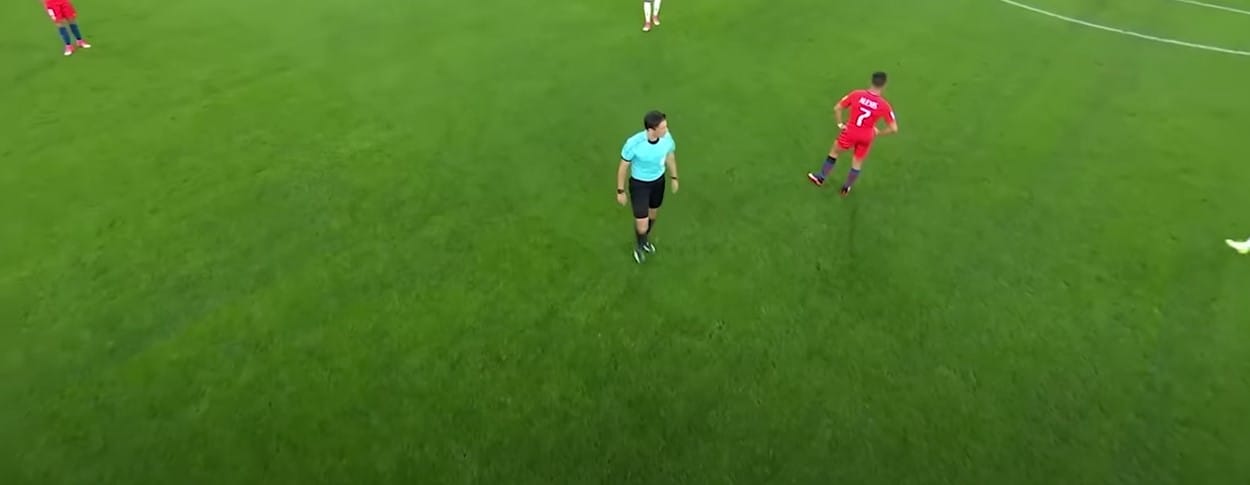If you’re a football fan, you’ve probably seen VAR (Video Assistant Referee) in action, and maybe you’ve even yelled at your TV because of it. Whether you love it or hate it, there’s no denying that VAR has changed the way we experience the game. But is it really improving football, or is it taking away from the excitement we all love? Let’s dive into how VAR is reshaping the sport.
For those not totally familiar, VAR is a system that allows referees to review decisions using video footage. It’s used to check goals, penalties, red cards, and cases of mistaken identity. Sounds pretty helpful, right? In theory, yes. VAR was introduced to reduce human error, ensuring that referees make the correct calls in key moments. In some cases, it’s done just that, correcting offside decisions or catching fouls that might’ve been missed. But as with any new tech in sports, it’s not without controversy.
One of the biggest complaints about VAR is the time it takes. Football is fast-paced, and fans are used to a non-stop, 90-minute rollercoaster. When VAR steps in, though, it can lead to long delays while the referees check and recheck footage from every angle. What could’ve been a smooth-flowing game often turns into a stop-and-start affair, which can be frustrating for both fans and players. Imagine celebrating a last-minute goal, only to have it taken away after a lengthy VAR review. The suspense is intense, but it also messes with the emotional highs and lows of the game.
 Another common gripe is consistency. Even with video evidence, there are still debates over how certain decisions are made. A handball might be ruled differently from one match to the next, leaving fans scratching their heads. While VAR is supposed to eliminate human error, it still relies on human interpretation, which means mistakes and inconsistencies still creep in.
Another common gripe is consistency. Even with video evidence, there are still debates over how certain decisions are made. A handball might be ruled differently from one match to the next, leaving fans scratching their heads. While VAR is supposed to eliminate human error, it still relies on human interpretation, which means mistakes and inconsistencies still creep in.
Despite these criticisms, there are plenty of positives to VAR. For one, it has reduced the number of blatant errors. Just think of the famous “Hand of God” goal by Maradona if VAR had existed back then, that probably wouldn’t have stood. We’ve also seen it step in to award penalties that could’ve changed the course of important matches. In these moments, VAR has undoubtedly improved the fairness of the game.
Another area where VAR has made a difference is with offsides. Before VAR, linesmen had to make split-second decisions on whether a player was offside. Now, they’ve got video technology to back them up. Although the margin for error is slim (cue the debates over players being offside by a millimeter), it’s still helping referees get things right more often than not.
So, is VAR good or bad for football? Like it or not, VAR is here to stay, and it’s becoming a permanent part of the game. It might not be perfect, but it’s helping to bring more accuracy to some of football’s most crucial moments. That said, there’s still work to be done to make the system faster and more consistent. As football continues to evolve, so too will VAR, and who knows maybe one day, we’ll look back and wonder how we ever played without it.





